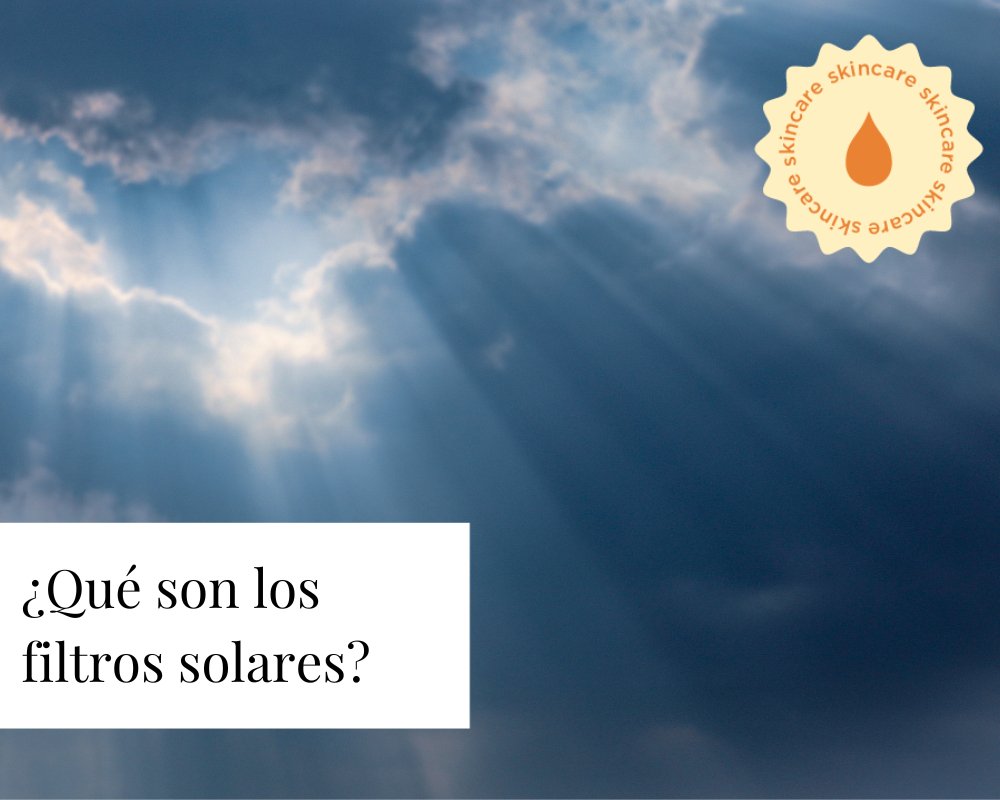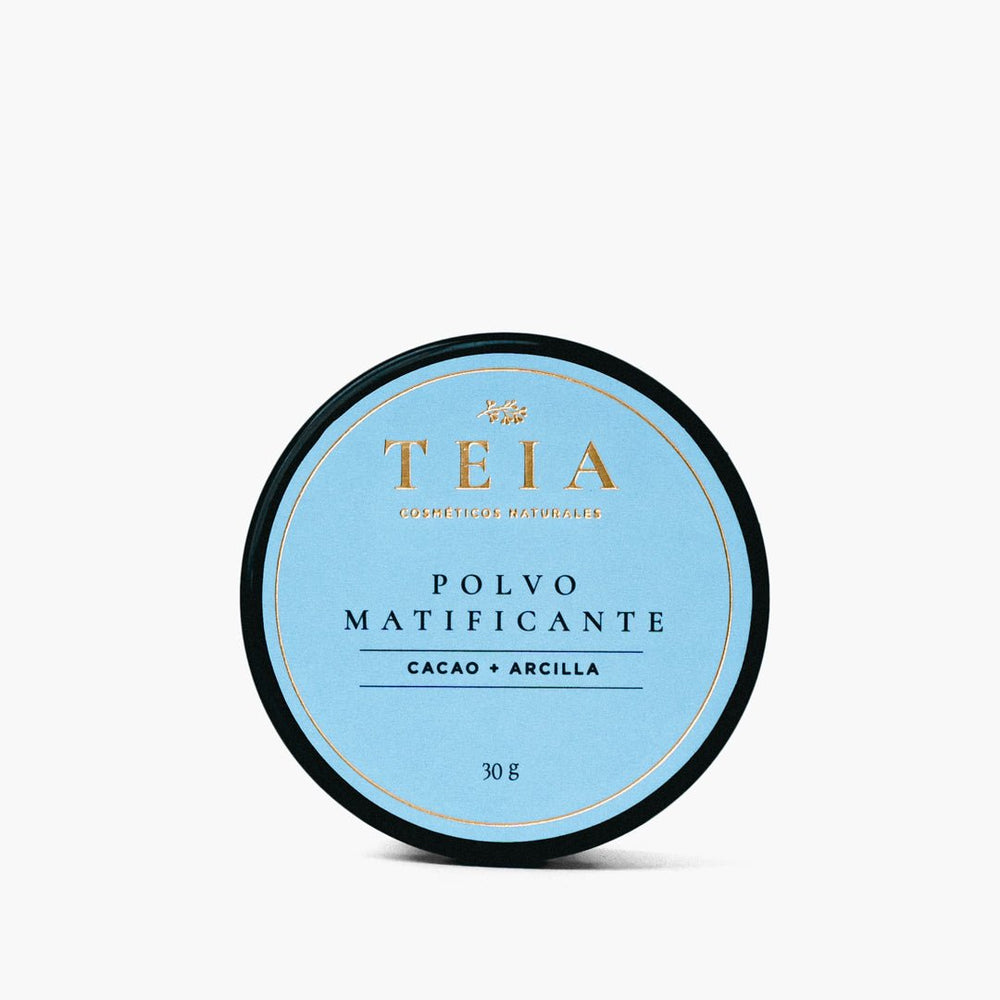
Sunscreens are formulas that are applied to the skin in order to reduce the effects of solar radiation on it. Sunscreens act fundamentally in two ways, deflecting or reflecting radiation or absorbing it.
Due to their composition, they are classified into two groups: physical filters and chemical filters.
Chemical Solar Filters.
Chemical filters are molecules that absorb photons from solar radiation, altering their molecular structure. The most commonly used substances are: PABA, salicylates, cinnamic acid, camphor, and benzimidazoles as UVB filters; benzophenones, anthranilates and dibenzoylmethanes as UVA filters.

Physical Solar Filters.
Physical filters act by diverting solar radiation, forming an opaque barrier that acts like small mirrors. Their spectrum of action is broader, so they provide protection against UVA, UVB, visible light and infrared. The most common substances used are titanium dioxide and zinc oxide.
Here are some strengths and weaknesses of physical sunscreens:

Which sunscreen is best?
The ideal filter would be one that meets:
- Broad spectrum of protection: Titanium dioxide covers a large part of the UVA and UVB spectrum.
- Good adhesion and water resistance
- Not irritating or sensitizing
- Environmental friendly.








